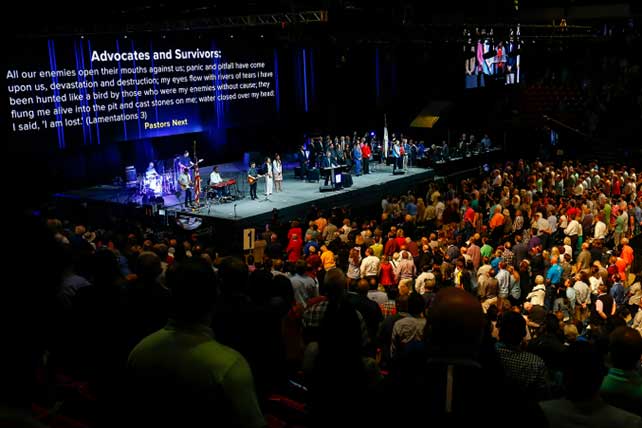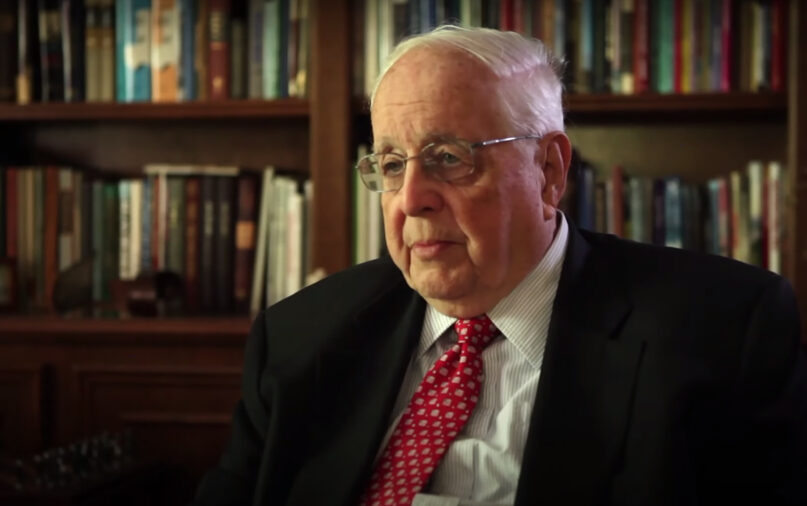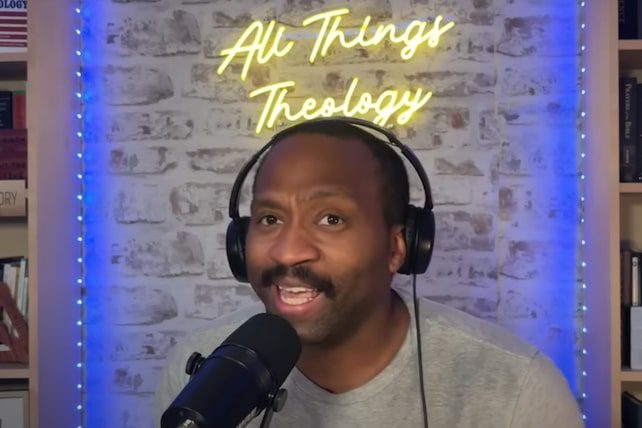Amid the turmoil of 2020, psychologists Dr. Judith Hall and Dr. Mark Leary argued that the U.S. was suffering from an “empathy deficit.”
“Out of all the fears, stresses and indignities our citizens are living with, there emerges a kind of primal insecurity that undermines every aspect of life right now,” they wrote. “It’s no wonder that anxiety, depression and other psychological problems are on the rise.”
At the time, the nation was grappling with a global pandemic, economic hardship, social unrest, and what was then the bitterest presidential election cycle in recent memory. Mental health was at an all time low and domestic abuse and deaths of despair surged.
“On top of that, everyone is confronted with people who seem indifferent,” Hall and Leary wrote.
Empathy, which Merriam-Webster defines as the ability to be “sensitive to and vicariously experiencing the feelings, thoughts, and experience of another,” seemed to be lacking on a societal scale. And to Hall and Leary, this deficit was at the heart of deepening polarization and tribalism.
“You don’t have to be a social psychologist like we are to see that Americans are experiencing an empathy deficit,” they wrote. “People everywhere lack the sense that others care, which makes the medical, economic, political and societal assaults on our fundamental trust in the world even harder to handle.”
In 2025, the nation apparently continues to suffer from a lack of empathy, a deficit exemplified by, among other things, fresh waves of antisemitism and anti-immigrant sentiments.
But not everyone sees it this way. In fact, a growing movement of evangelicals has a different take. To them, the nation suffers, not from a deficit of empathy, but an excess of it.
Characterizing empathy as toxic or even sinful, some believe that it has fueled excessive migrant crime (the reality of which is not borne out by statistical analysis), LGBTQ+ activism, and socialistic policies that use taxpayer money to commit high crimes like providing free meals to school children.
Much like critical race theory (CRT), diversity, equity, and inclusion (DEI), social justice, and so-called “wokeness,” the term “empathy” has increasingly become a tribal shibboleth for those who see themselves as moving past the “winsome model” of the late Timothy Keller and other evangelical stalwarts.
James Wood, associate editor of First Things magazine, has argued that the church is no longer ministering in a world neutral to Christianity but has instead entered a “negative world.” In this landscape, a new approach is needed. Instead of “pietistic” distance from partisanship, the church needs a sharper political edge.
Some have taken Wood’s argument further, alleging that Christian kindness is being manipulated and Christians are being pressured not just to hold their convictions charitably but to abandon them entirely—usually in favor of positions characterized by the political left.
To the new religious right, staving off these attacks requires a wartime mentality, as evangelicals vie for political control and cultural relevance. Simply put, empathy is not an effective strategy for winning a culture war.
To bolster adoption of this strategy for Christian dominance devoid of Christian empathy, several voices have sought to theologically backfill their political aims. In fact, within the past year, empathy has gotten two book-length treatments from prominent evangelicals urging caution against what was once widely considered a virtue.
Allie Beth Stuckey and ‘Toxic Empathy’
At the height of the #MeToo movement, the concept of “toxic masculinity” emerged as a cultural conversation, with many arguing that the aggression that leads to violence and sexual assault is the result of a disordered understanding of masculinity.
However, in a 2018 video, Christian podcaster and author Allie Beth Stuckey balked at the idea that masculinity could be “toxic.”
“It’s not masculinity that’s toxic,” Stuckey said. “It’s the lack of it.”
In 2024, Stuckey’s assessment of empathy was not so favorable. In “Toxic Empathy: How Progressives Exploit Christian Compassion,” Stuckey argues that Christians are too often the victims of “empathy manipulation.”
“Empathy has been hijacked for the purpose of conforming well-intentioned people to particular political agendas,” writes Stuckey. “Specifically, it’s been co-opted by the progressive wing of American society to convince people that the progressive position is exclusively the one of kindness and morality.”
“I call it toxic empathy,” she adds.


































